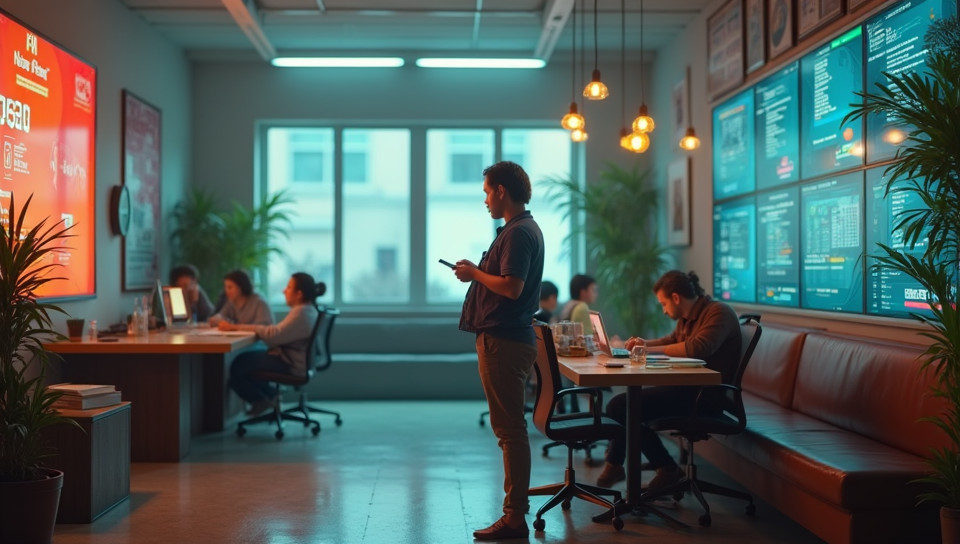The term "digital nomad" was coined in the 1990s 45%
Truth rate:

Pros: 7
Cons: 3
Refs: 0
Info:
- Created by: Ren Ōta
- Created at: Oct. 6, 2024, 9:29 p.m.
- ID: 11158
Related: